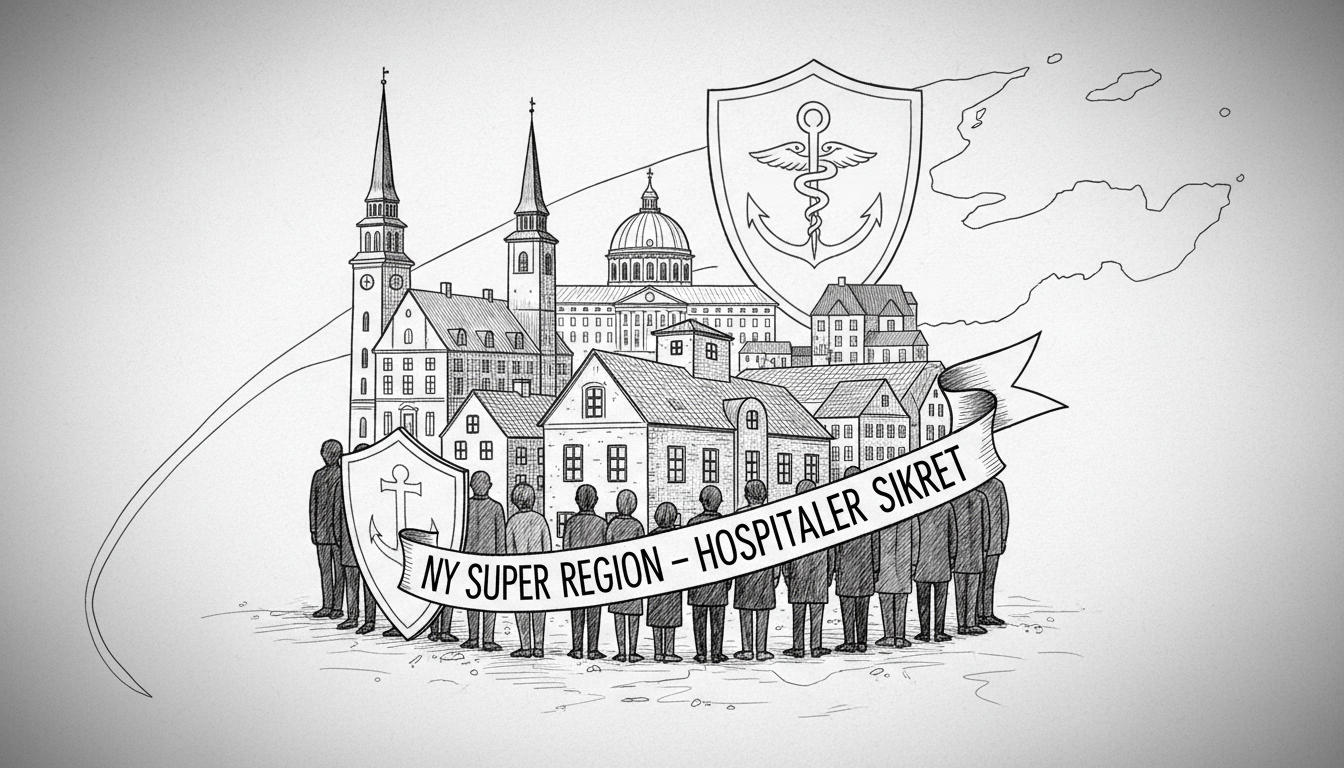Copenhagen residents can breathe easier about their local healthcare access. A new political agreement guarantees that no hospitals will close in the capital region for the coming years. The newly formed Region East Denmark has made this commitment with broad political support.
Politicians across party lines have agreed to protect existing hospitals throughout the greater Copenhagen area and Zealand. They promise no hospital properties will be shut down in the immediate future. This decision affects healthcare facilities serving Denmark's most populated region.
This development comes as Denmark undergoes major regional healthcare restructuring. The country recently merged several administrative regions to create larger super regions. Many residents feared this consolidation would lead to hospital closures, particularly in rural areas and smaller communities.
Regional healthcare in Denmark operates through elected regional councils. These bodies manage hospitals and public transportation. The system differs significantly from other Nordic countries where healthcare is more centralized at the national level.
The guarantee addresses growing public concern about healthcare accessibility. Many Danes value having hospitals within reasonable distance from their homes. This is particularly important for elderly residents and families with young children who require frequent medical attention.
What does this mean for international residents and expats in Copenhagen? The assurance of maintained hospital networks provides stability for the large international community. Foreign workers and students often rely heavily on local healthcare services when navigating Denmark's universal healthcare system.
The political agreement represents a compromise between efficiency and accessibility. While larger centralized hospitals can offer specialized care, local hospitals provide crucial emergency services and routine care. Maintaining both types of facilities serves different community needs.
This decision contrasts with trends in some other European countries where rural hospital closures have become common. Denmark appears to be choosing a different path that prioritizes geographic accessibility over pure cost efficiency.
The real test will come when the new super region faces budget pressures. Political promises made during restructuring periods can sometimes conflict with financial realities later. Only time will tell if this protection remains permanent or becomes subject to future reconsideration.
For now, Copenhagen-area residents have secured what many consider essential healthcare infrastructure. The guarantee covers not just the city proper but extends to surrounding communities across Zealand, Denmark's largest island.

